Man's course begins in a garden, but it ends in a city
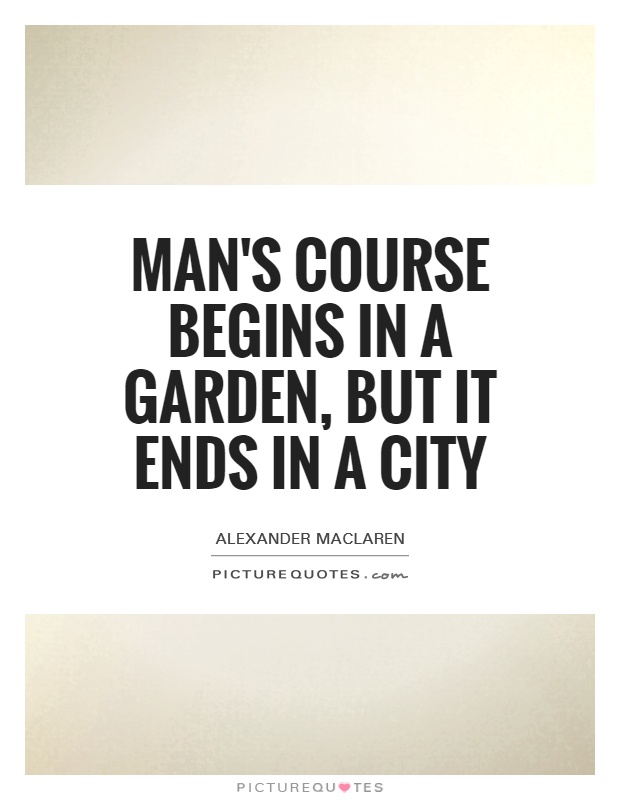
Man's course begins in a garden, but it ends in a city
Alexander Maclaren was a prominent Scottish preacher and theologian who lived in the 19th century. He was known for his powerful sermons and deep insights into the Christian faith. One of his famous quotes is, “Man's course begins in a garden, but it ends in a city.” This statement reflects Maclaren’s understanding of the biblical narrative and the journey of humanity from its origins to its ultimate destination.In the book of Genesis, the story of creation begins in the Garden of Eden, where God placed Adam and Eve, the first man and woman. The garden was a paradise, filled with beauty and abundance, where humanity lived in harmony with God and nature. However, this idyllic existence was short-lived, as Adam and Eve disobeyed God’s command and were expelled from the garden, marking the beginning of humanity’s journey through a fallen world.
Throughout the Bible, the theme of the garden and the city is a recurring motif that symbolizes the contrast between the innocence of the past and the complexity of the present. The garden represents purity, simplicity, and closeness to God, while the city symbolizes civilization, progress, and the challenges of human society. Maclaren’s quote captures this tension between the idealized past and the uncertain future, highlighting the dual nature of human existence.
As humanity progresses through history, from the ancient civilizations of Mesopotamia and Egypt to the modern metropolises of today, the city becomes a symbol of human achievement and ambition. However, it also represents the brokenness and sinfulness of human nature, as seen in the violence, injustice, and corruption that plague urban centers around the world. The city is a place of both opportunity and danger, where the best and worst of humanity are on display.



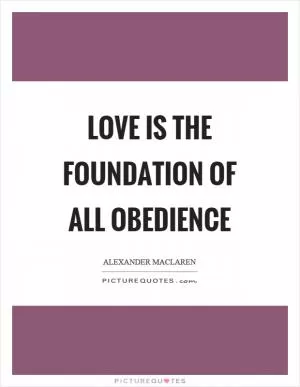
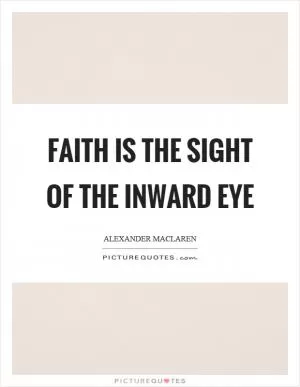
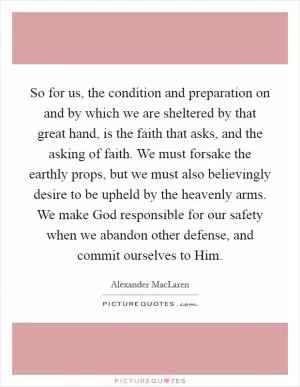
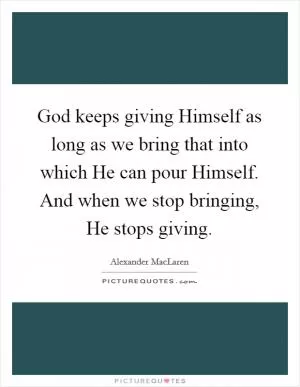




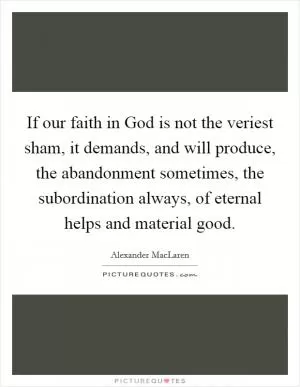
 Friendship Quotes
Friendship Quotes Love Quotes
Love Quotes Life Quotes
Life Quotes Funny Quotes
Funny Quotes Motivational Quotes
Motivational Quotes Inspirational Quotes
Inspirational Quotes